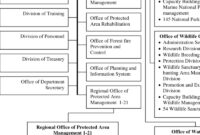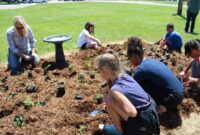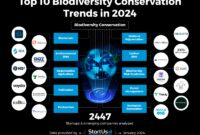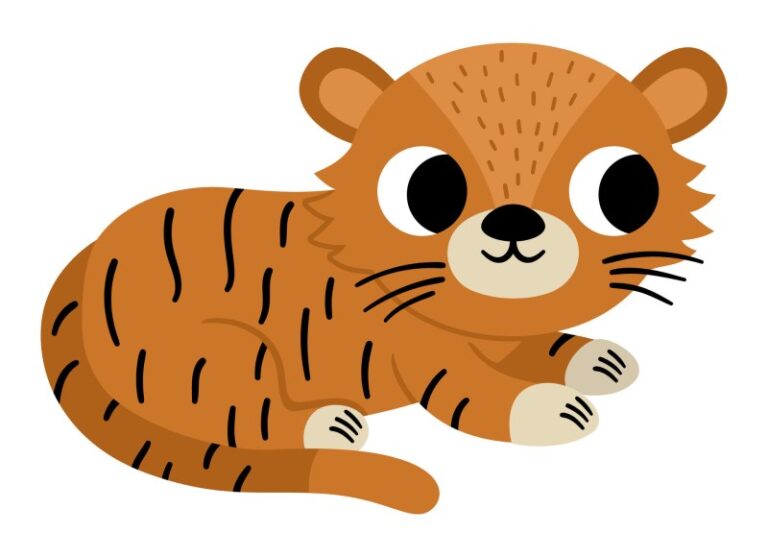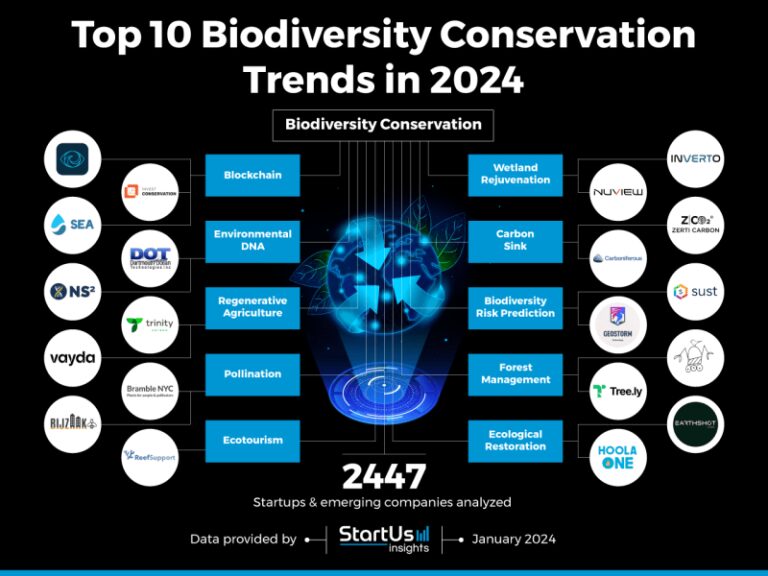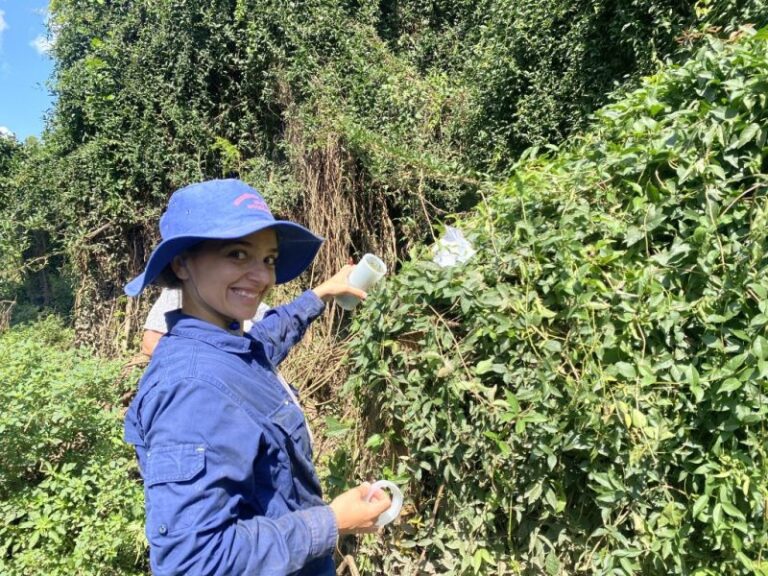Marine Wildlife Protection – Sign up to receive our latest email updates Learn how you can make a difference for marine mammals and ocean health!
Saving seals and sea lions makes me feel like I’m making a difference for these creatures The ability to get close to animals and make some kind of connection is amazing, even if the animals themselves don’t appreciate being held and held in a carrier. Volunteering with teams in Sonoma and Mendocino counties (just north of Jenner) is amazing – sometimes I think we read each other’s minds.
Marine Wildlife Protection

We do not know the consequences of our impact on the natural world, and not all of them are as obvious as a floating fish net. That’s why I volunteer at the center I do this because I want the sum of my effects on this world to end up in the world as diverse as possible
Efra Marine Mammal Protection Report Welcomed
When I first started, I thought it would be a fun experience… I really had no idea how rewarding it would be. Volunteering at the center keeps my life in perspective. protect our oceans and marine life for future generations.
I have loved the sea since I was little Growing up, it was amazing to read about marine life and all the discoveries that are being made. But I was angry to read about it My second point of view is that I need an experience to bring back my passion Center did this for me I have to work hand in hand with the animals I just read and, more importantly , I feel like I’m making a difference.
I had no idea how much of a connection I would feel with wildlife, how much they would touch my heart and make me want to do more… The center also renewed my faith in humanity. I am amazed at how people are willing to give so much, to see the fauna return to their ocean homes, selflessly, and to learn more about their habitats and improve the rehabilitation methods shared with the world .
Volunteering, Animal Care, Animal Husbandry, Community Husbandry, Education, Administrative Volunteering, Marine Animal Rescue, Marine Animal Rescue, Wildlife Rescue, New University Research of Oxford, published in the Salisbury California Conservation Letters, examined small-scale conflicts. Fish and marine mammals, using the experience of fishing off the west coast of South America to highlight a global problem.
How You Can Help Protect Marine Wildlife
Around the world, the conflict between seal and sea lion populations and the recovery of the fish community continues to grow. This new research presents a unique overview of this conflict, particularly from the perspective of fishermen, and proposes solutions that will be applicable to many fishing communities around the world.
In this part of South America, especially in Peru and Chile, marine animals have been protected since the middle of the 20th century. Conservation policies have been largely successful and marine mammal populations, particularly sea lions and seals, have recovered over the past thirty years. However, this recovery means that these animals are more likely to come into conflict with local fishermen The study found:
• While the killing of sea lions and seals is illegal, it occurs regularly, with over 70% of fishermen admitting that sea lions have been killed to catch them.

To manage this conflict, there is a need to balance the competing objectives of wildlife conservation with the protection of local communities. There are still concerns about sea lion and seal populations due to recovery, but small-scale fisheries are struggling and fishermen are earning less than minimum wage.
A Call To Arms: Responsible Marine Wildlife Conservation And Fishery Management
The international community must include the needs and views of fishermen in the global dialogue, including considering whether the protection of human welfare can reduce the protection of marine animals.
“If the global community is committed to a post-2020 pact for nature and people, where improvements in people’s well-being and nature conservation are both – a useful ‘win-win’ – then governments and scientists have to engage with these “messy” “local conflicts. which repeats itself in the world, but resists the simplification of high level Professor Katrina Davies
Sea lions and seals eat the same fish targeted for fishing, so they compete for resources, and it is not uncommon for fishermen to catch fish that have already been “nibbled” by marine animals. They can also accidentally get caught in fishing nets and break them, meaning fishermen have to pay to replace the equipment.
By understanding the motivations and perceptions of fishers, we can develop more effective management solutions for fisheries. Manage sea lion populations, provide financial compensation for catch losses and gear losses, training programs and transition from fishing to ecotourism.
Quotes About Saving The Oceans
“A delicate balance must be struck between ensuring the future viability of marine mammal populations and safeguarding the livelihoods of small-scale fishers,” says lead author Professor Katrina Davies
Going forward, the researchers plan to investigate the effect of the cooler on this interaction, if it can be done without damaging population levels, and if it can prevent aggression towards marine animals.
More information: Katrina J. DOI: 10.1111/conl.12835

Citation: Troubled waters: How global marine wildlife protection could undermine fishing communities (2021, September 14) Retrieved August 10, 2024, from https:///news/2021-09-global-marine-wildlife -undermine-fishing.html
Ocean Conservation And Marine Sea Wildlife Protection Tiny Person Concept Stock Vector
This document is subject to copyright Except for a fair stretch for personal study or research purposes, no part may be reproduced without written permission. The content is provided for informational purposes only
Researchers estimate that one billion birds may die in the United States each year due to collisions with windows.
Flood of “garbage”: 19 minutes ago How AI is changing scientific publishing 135-year-old sea crocodile sheds light on Cretaceous life 10 hours ago Researchers discover new material for optically controlled magnetic memory 10 hours ago A form New mechanism 13 hours ago NASA tests the implementation of the “visor” of the Roman Space Telescope 13 hours ago How do butterflies stay on branches during metamorphosis? 14 hours ago Historic fires trapped in Antarctic ice provide key clues to climate models 14 hours ago Hubble sheds light on supernova 15 hours ago New technology uses light to etch erasable 3D images 16 hours ago The oceans they filter human diseases into sea water 16 hours ago Before the sea they play a sea An important role in supporting life on our planet Covering almost a quarter of the Earth’s surface, it is home to almost a quarter of the known species in the world and many have yet to be discovered. It is a source of livelihood for coastal communities and indigenous tribes, who have successfully conserved marine biodiversity for millennia, using knowledge passed down from generation to generation. And it provides billions of dollars in financial benefits to countless beneficiaries But harmful human activity and a changing climate threaten the health of the oceans.
Research shows that large, fully protected marine areas can help preserve valuable biodiversity and reverse many harmful human-caused effects. Marine protected areas (MPAs) can also improve fish populations, provide ecological benefits to nearby ecosystems, protect predators, maintain ecosystem stability and help preserve cultures closely associated with the ocean. In the last decade, many countries have created large-scale, fully protected MPAs
Biodiversity: Protecting Marine Life
Therefore, conservationists – together with local communities, tribes, scientists and government officials – are looking for innovative ways to improve the success of MPAs, finding ways to further connect and protect the area, including the safe passage of life marina
In 2017, the Pew Charitable Trusts and Donna Bertrelli created the Pew Bertrelli Ocean Legacy Project, with the joint goal of supporting the creation of the world’s first generation of ecologically significant, large, and impactful MPAs. Building on those efforts today, the project seeks to connect MPAs and help conserve key migratory species and entire marine ecosystems.
With ocean health declining faster than at any time in human history, action is urgent Evidence suggests that more of the world’s oceans need to be protected to halt this downward slide

Currently, less than 8% of the world’s oceans are protected by an MPA, and less than half of this is protected by a highly or fully protected MPA, a level of protection that helps to enhance biodiversity, building the resistance against the effects of change. Climate, ensure long-term economic growth for the local economy, and protect cultural and traditional practices in coastal and island communities.
Why Fully & Highly Protected Areas? » Marine Conservation Institute
Use letters with numbers or symbols. Hi
Since June 2021, the governments of the world have made a promising wave of progress in the new maritime security on a large scale.
Marine wildlife, wildlife protection charities, wildlife protection act, marine protection, wildlife protection services, wildlife protection, wildlife animal protection, world wildlife protection, wildlife protection officer, wildlife conservation and protection, wildlife protection agency, wildlife protection australia
- Dog Socialization Care Guide - August 11, 2024
- Best Dog-friendly Vacations - August 11, 2024
- Wildlife Conservation Organizations - August 10, 2024


